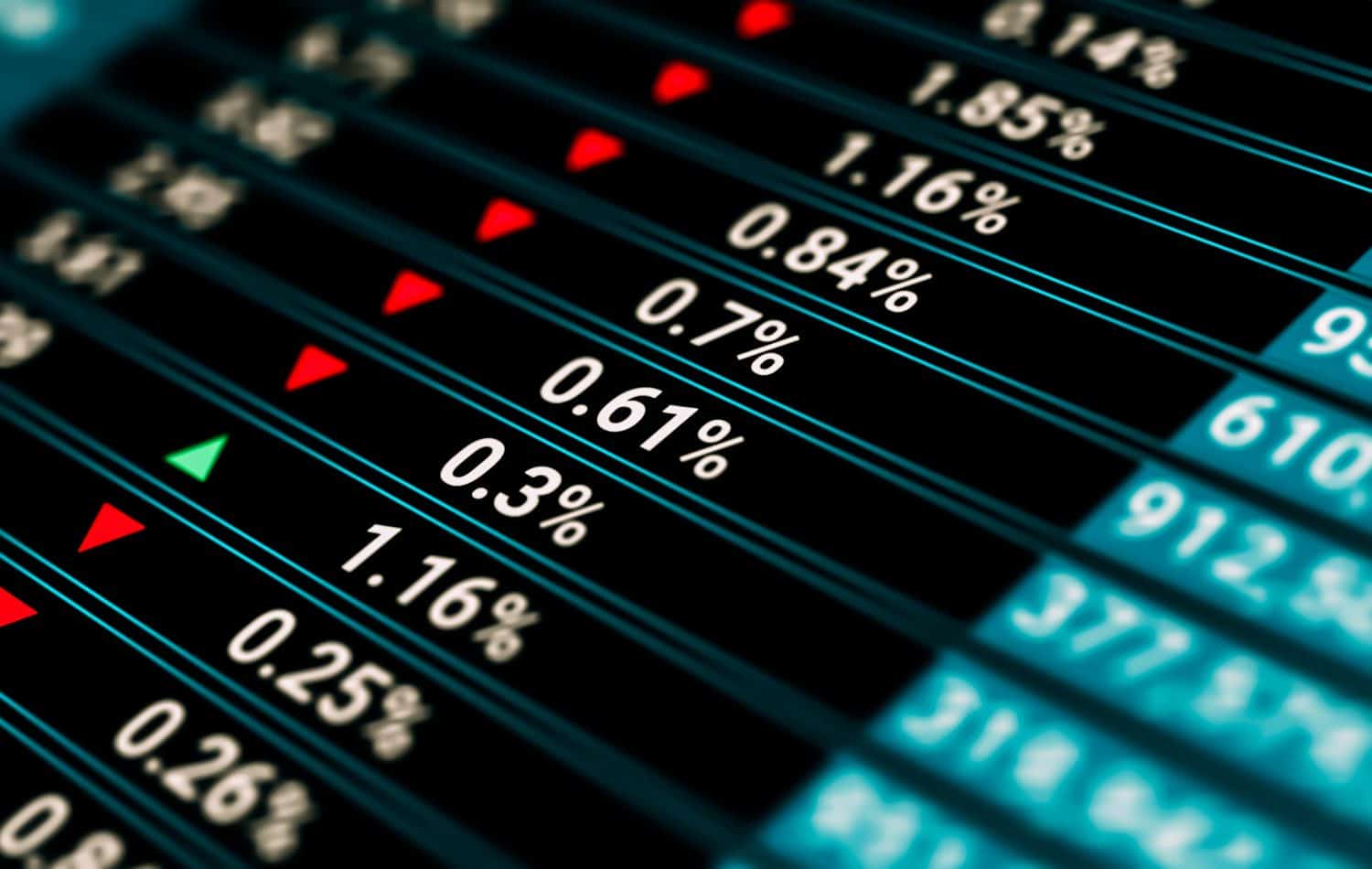Personal Finance
I'm getting a 30k bonus and have no credit card debt. Should I pay off my car loan, or do something else with the money?

Published:

Would you rather be debt-free, or carry a little debt, but also have enough cash tucked away in a rainy day fund, to deal with any unexpected curveballs that life might throw at you over the next few months?
This is the question we address in today’s pull from the Reddit mail-file.
Our inquirer today (let’s call him “Eugene”) faces the happy prospect of expecting to soon receive a $30,000 bonus from his employer. That’s on top of an annual income that looks to be in the $60,000 year range. (Eugene’s a bit vague on the specifics here).
Eugene sounds like a pretty typical American in many respects. According to the U.S. Social Security Administration, the average annual wage for American workers is about $66,000.
In other respects, however, Eugene is way ahead of the average American.
His only significant debt is his auto loan, of which $22,000 remains on his pickup truck. Eugene also has a pretty good rate on that loan, only 5%. He’s got $10,000 in the bank already, and puts 20% of each paycheck into his company’s 401(k) plan.
Were it not for the car loan, Eugene would be debt-free, cash-rich, and well on his way to funding a secure retirement. And as a matter of fact, that’s exactly what he’s thinking of doing.
Over long periods of time, stock market returns exceed those from other forms of saving.
In the short term, the stock market can underperform a savings account, or even lose money.
Sometimes, simply paying down debt can be the best way to grow your wealth.
The right cash back credit card can earn you hundreds, or thousands of dollars a year for free. Our top pick pays up to 5% cash back, a $200 bonus on top, and $0 annual fee. Click here to apply now (Sponsor)
The $30,000 bonus, Eugene notes, is “after tax,” and if he uses it to pay off the loan on his truck he’ll be literally debt-free. The $8,000 in cash remaining, he plans to either add to his bank account (bringing that up to $18,000), or invest in the stock market.
Plan B is to keep paying down the auto loan gradually, and pour all $30,000 into the stock market, in hopes the market will make that money grow quickly.

So what should Eugene do?
One way to look at this is to observe that the 5% auto loan is less than the 10% annual rate of appreciation that investors are told they can expect from investing in an S&P 500 index fund over long periods of time. That may make skipping the loan payoff, and sinking all $30,000 into the stock market look like the smart move. But I emphasize those five words, “long periods of time,” because they’re important.
On the one hand, it’s tempting to assume the “10% appreciation” as a given, and reason that, by not paying off his loan, Eugene can earn twice the cost of his loan annually by investing his money in the stock market. But that would be a mistake.
“10%” is the amount the stock market grows in value on average, and over long periods of time. There are plenty of years in which the market rises more than 10%. (Last year for example, the S&P rose 23%). There are plenty more years, though, when the market rises less than that, or even declines in value. In 2022, the S&P fell by 18%! Should that happen again in 2025 for example, Eugene could end up paying $6,000 in truck payments this year, and “paying” another $5,400 in stock market losses!
Mind you, I’m an investor myself. I’m not saying “don’t invest in the stock market.” But I am saying, know the risks before you do.
And weighing those risks, I’m of the opinion Eugene’s first idea is the best one. Pay off the truck loan with $22,000. Become truly debt-free. Put the remaining $8,000 in the bank, or better yet, in a high-yield savings account, and grow the rainy day fund to $18,000, which is about three months’ living expenses.
By paying off the auto loan, Eugene will save approximately $6,000 in money he’d otherwise spend on truck payments (at $500 per month). He’ll also earn an additional $320 (at a 4% interest rate) on the money he deposits in the bank, or even more, if he also banks his savings on the auto loan. That’s better than a 20% return on his “investment,” and probably better than he’d earn in the stock market in any case.
Turns out, in this instance at least, the obvious answer is the right one. And Eugene knew it all along.
After two decades of reviewing financial products I haven’t seen anything like this. Credit card companies are at war, handing out free rewards and benefits to win the best customers.
A good cash back card can be worth thousands of dollars a year in free money, not to mention other perks like travel, insurance, and access to fancy lounges.
Our top pick today pays up to 5% cash back, a $200 bonus on top, and $0 annual fee. Click here to apply before they stop offering rewards this generous.
Flywheel Publishing has partnered with CardRatings for our coverage of credit card products. Flywheel Publishing and CardRatings may receive a commission from card issuers.
Thank you for reading! Have some feedback for us?
Contact the 24/7 Wall St. editorial team.